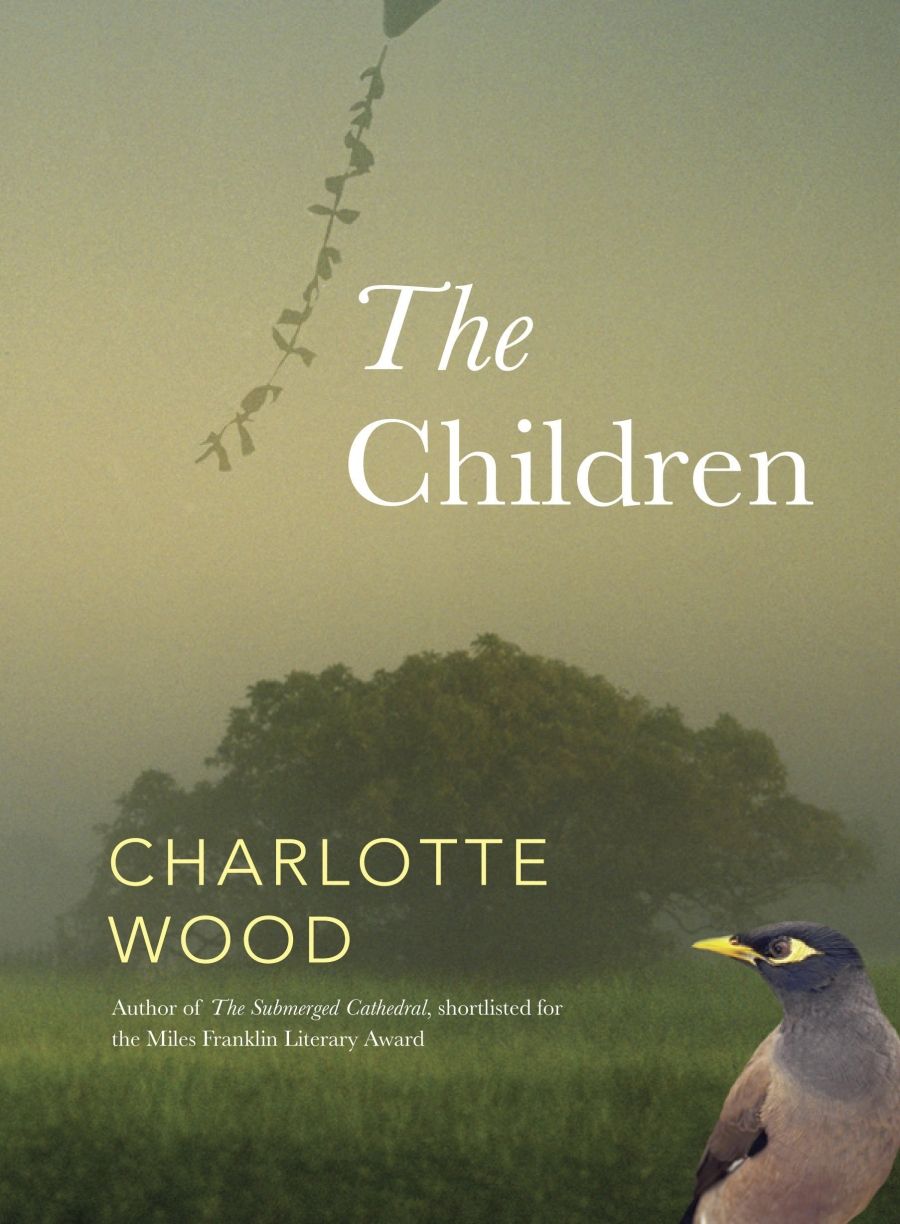
- Free Article: No
- Contents Category: Fiction
- Review Article: Yes
- Online Only: No
- Custom Highlight Text:
Childhood, Freud taught, becomes us, but our earliest memories can be sly; they resist us when we seek them, and pounce when we are unprepared. It is thus only by chance that Proust comes upon his first recollections, those idyllic scenes revived in long wafts of hawthorn-scented nostalgia. The legacy of childhood and its fickle reminiscence has always been prominent in Charlotte Wood’s work. In The Children, childhood is remembered as a grim affair, something the three siblings at its centre would rather leave behind. Yet much of this novel hinges on the idea that childhood is something we never escape: old memories involuntarily impinge upon us, and the self that defined us as children, the book suggests, constitutes us throughout our lives.
- Book 1 Title: The Children
- Book 1 Biblio: Allen & Unwin, $29.95 pb, 288 pp
- Book 1 Readings Link: booktopia.kh4ffx.net/n11L9x
Wood deftly unravels these complicated lives. Most prominent is that of Mandy, the eldest, who spends time away from Australia working as a foreign correspondent. Since childhood, Mandy has dreamed of leaving the small town of Rundle, and, more than Cathy and Stephen, felt repelled by the isolation and ugliness of its parched streets. This was a place where nothing happened – a town where Mandy could smell ‘all the hot emptiness of her existence’. Above all, she disparages Rundle’s ordinariness and deliberately follows a career where life is anything but. Mandy’s brother and sister feel this as a judgment upon themselves. They regard her travels as evidence of a larger flaw in her character. Mandy’s vices – her righteousness and pride – become attributes in her line of work: she can cope with the most horrifying violence. But when she returns home, her impenetrable façade begins to crack; she is plagued by the violence she has witnessed and is unable, or unwilling, to reveal her feelings, even to her bewildered husband, Chris.
The task of witnessing is one of the novel’s binding themes. Mandy witnesses the violence of war, each child remains a witness to his or her sibling’s true and younger selves, while in the novel’s dark background lurks the presence of a more dangerous witness, whose knowledge will result in unexpected horror. But not everybody wants to be privy to the truth. Mandy’s mother is troubled by the life that her eldest daughter has chosen. It is at odds with everything she sought to achieve as a parent, having raised her children in the hope that they would avoid sorrow, in their own lives and in others: ‘You spend your best years trying to stop them from witnessing it – on television, in you, your neighbours’ faces.’ It seems a cruel injustice that Mandy chooses to be mired in precisely this experience.
Their disparate views on pain and its observance divide mother and daughter at a fundamental level. Mandy spends her life in its pursuit, believing it to be a way to bring about change, while Margaret sees this as resulting in unnecessary discomfort. Their sense of human obligation pulls them in different directions. And yet it is for a similar cause: each hopes to lessen the suffering of others.
It is a peculiar irony, then, that the two women are rejoined at Geoff’s bedside. Mandy has seen death but she has not felt it; in the hospital ward, it takes on a new, intimate meaning. Over the week that they spend together, each sibling comes to realise that Geoff might die. It is an awareness that casts their relationship with their father in an urgent light. Memories become prized possessions, evidence of an original bond. But memories can also be mistaken. At one point, Stephen falsely recalls kite-flying with his father. Mandy and Stephen’s relationship is a savage one, and she quickly corrects him: ‘You might have been there, but you can’t remember it. You were just in the pram.’ Stephen’s mistake feels like theft: ‘The kites were her thing, and Geoff’s.’
Such mis-rememberings happen elsewhere, too, and underscore a deeper truth in the novel: what the characters take to be the facts of their lives often depends upon a fiction. In this troubled time, all the members of the family seek to understand the present through the retrospective narrative of memory. But in so doing, they prove to be the unreliable narrators of their own lives, charmed narration though it remains.
The Children is Wood’s best work yet. Despite Mandy’s contempt for the ordinary, Wood makes the most ordinary moments glow: her sensitivity to visual detail cuts to the quick. Little escapes her, and the result is a graceful and empathetic portrayal of one family seeking to understand itself.


Comments powered by CComment